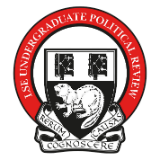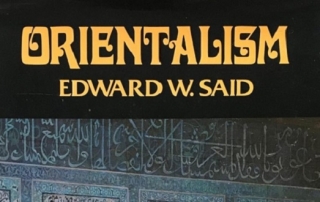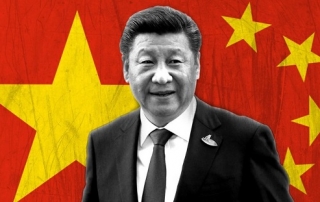From dynasty to decay: an analysis of 19th century changes to the Chinese political economy
Written by Caroline Wohl (General Course)
Despite economic prowess during the Song dynasty, subsequent regimes failed to
replicate growth (Brandt, Ma and Rawski, 2014). Using Francis Fukuyama’s Reactionary Thermador Model, I will argue that interlocking incentives among the Qing’s bureaucratic elite provided resistance to reform in the nineteenth and twentieth-century. This lack of reform deteriorated the state’s legitimacy, creating preconditions for […]










